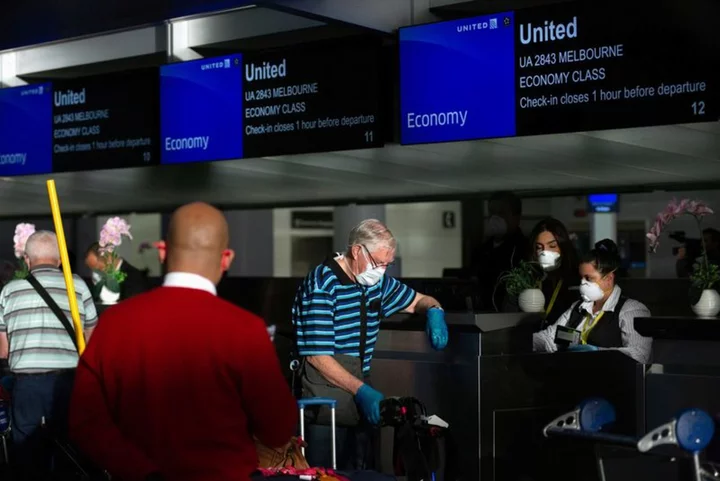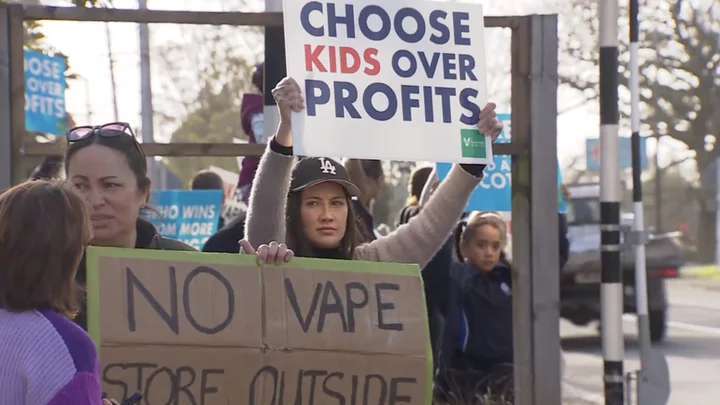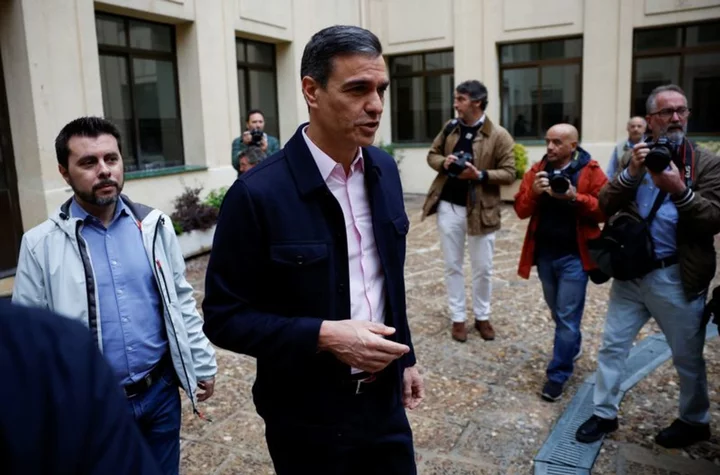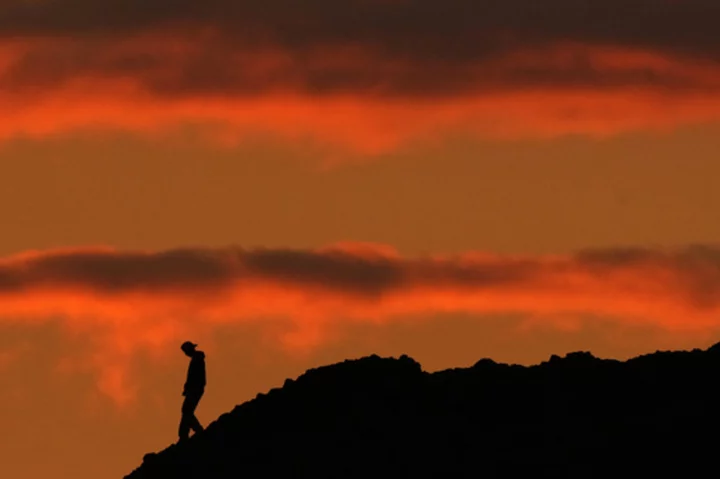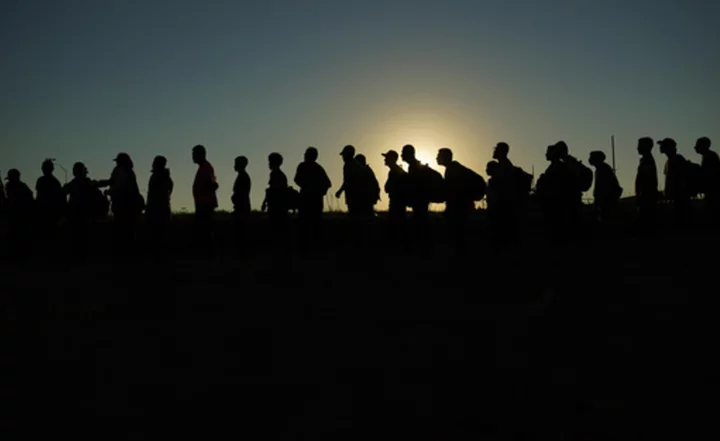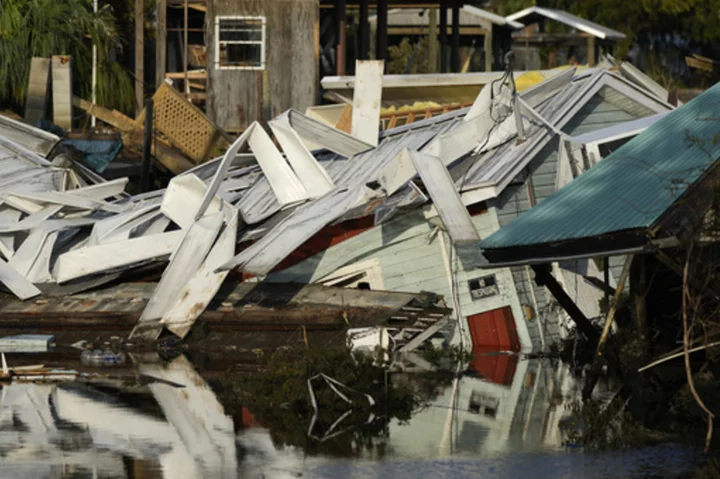By Daniel Wiessner
(Reuters) -A U.S. appeals court on Tuesday revived a trade group's challenge to a San Francisco law adopted amid the COVID-19 pandemic requiring airlines that use the city's airport to provide health insurance to employees.
The San Francisco-based 9th U.S. Circuit Court of Appeals in a 2-1 decision said the city was acting as a government regulator and not merely managing its private property when it adopted the 2020 law. That meant the ordinance could be invalid under federal law as argued by Airlines for America, which represents most of the largest U.S. airlines.
For a law to be preempted by federal law, a state or city must be acting as a government regulator and not a private market participant in adopting it.
The court reversed a federal judge who had found that San Francisco was acting as a private "market participant" when it adopted the law and dismissed the trade group's 2021 lawsuit.
Airlines for America in a statement said the group was pleased with the decision and looked forward to pursuing the lawsuit.
Lawyers for the city did not immediately respond to requests for comment.
San Francisco in adopting the law in 2020 said it was necessary to protect workers, many of whom lacked health insurance, and members of the public who use San Francisco International Airport.
In its lawsuit, Airlines for America argues the city's ordinance is preempted by a federal law regulating employee benefit plans and separate laws that govern airlines.
The 9th Circuit on Tuesday said because San Francisco's law imposes monetary penalties of $1,000 per violation, the city was acting as a regulator in adopting it.
The court sent the case back to a federal judge in San Francisco to consider the merits of Airlines for America's claims.
Circuit Judge Mary Schroeder in a dissenting opinion said the city's law merely imposed new contract terms on airlines that use the airport, and was not a general government regulation.
(Reporting by Daniel Wiessner in Albany, New York; Editing by Alexia Garamfalvi, Grant McCool and Lincoln Feast)

